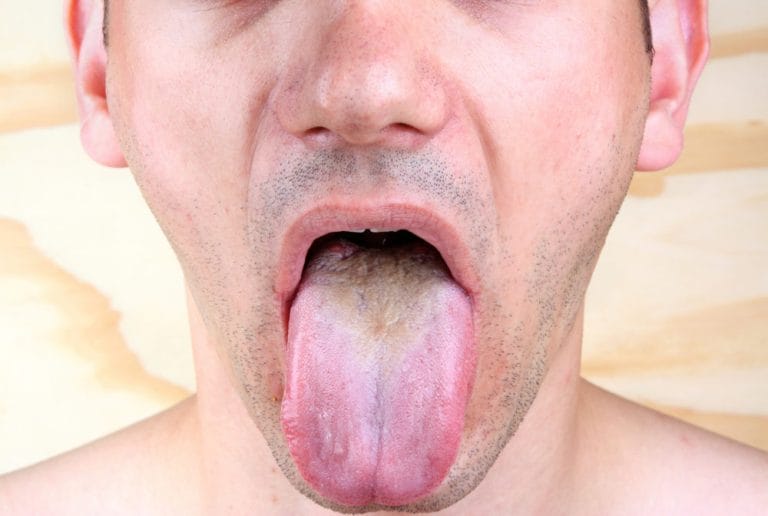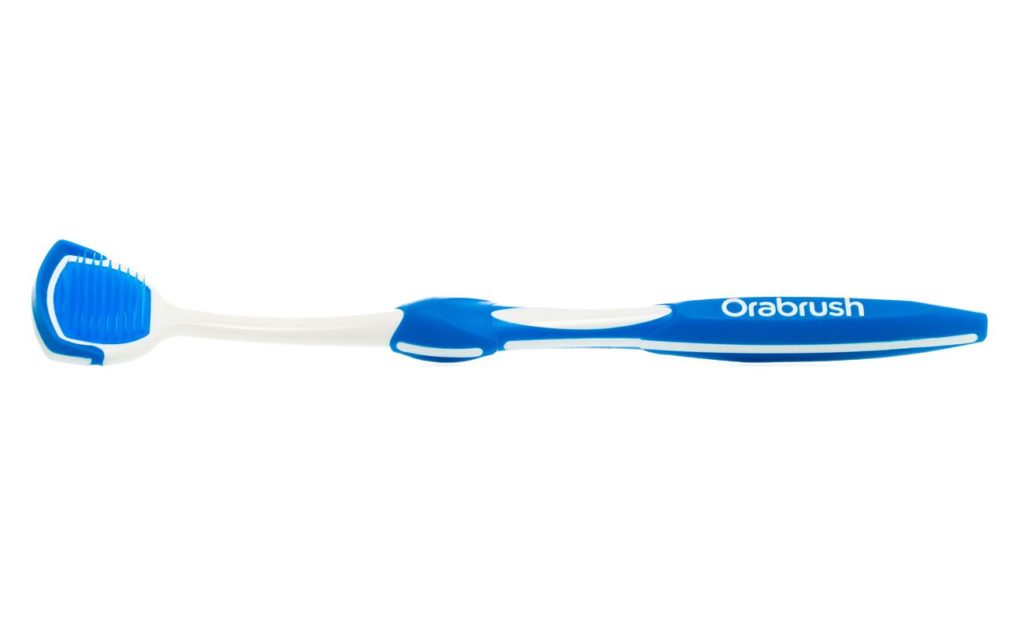Most bad breath starts in your mouth, and there are many possible causes that include: certain foods you eat (garlic and onions, in particular), alcohol or cigarettes, poor oral hygiene, gum disease, diabetes, dry mouth, sinus or throat infections, lung infections, kidney/liver failure and gastrointestinal issues.
Brush and Floss Twice a Day to Avoid Bad Breath
Brushing and flossing your teeth at least twice a day is essential to maintain proper oral health. Brush each morning and evening to minimize germs and bacteria from leading to cavities and other dental issues such as gum disease. Flossing is imperative to prevent the buildup of bacteria, old food, and germs from forming. After a large meal, it is also advisable to brush and floss to avoid dental issues from arising.
The Right Mouthwash May Help Prevent Bad Breath
Use mouthwash on a daily basis to help eliminate germs and bacteria, especially before going to bed each night and upon waking up in the morning. Use mouthwash after brushing and flossing for an added layer of protection while maintaining fresh and appealing breath. Avoid solely using mouthwash during your oral hygiene routine as it does not allow the opportunity to remove excess plaque and buildup from the mouth.
See our 10 Best Mouthwashes for Bad Breath
Hydration is Key to Preventing and Minimizing Bad Breath
Drinking enough water is one of the most essential elements of fresh breath. When the mouth becomes dry or there is not enough fluid in the mouth, bacteria begins to form and fester. It is also important to keep any chronic illnesses, diseases, or medications you have in mind when working towards a better oral hygiene regimen. Some medications and illnesses have the ability to trigger dry mouth or dehydration, which is why it is essential to stay hydrated by drinking water throughout all hours of the day for optimal health.
Keep to Your Yearly (at the least!) Scheduled Dental Appointments

One of the best ways to treat bad breath while preventing additional oral hygiene issues is to visit your local Port Washington dentist regularly. Schedule a regular checkup and cleaning at least once every six months. Speak to your dentist directly if you believe you are suffering from halitosis or another gum-related disease such as periodontal gum disease. Your dentist has the ability to diagnose and properly treat oral issues while eliminating the guesswork involved in treating yourself without professional guidance. A deep cleaning may be necessary to eliminate excess buildup from your gums and teeth, especially if you have not visited the dentist regularly or if you have anxiety related to oral hygiene and dentist offices. Share your concerns openly and honestly with your dentist to determine the best course of action for your teeth and gums based on your mouth’s current health and diagnosis.
Use a Tongue Cleaner to Prevent Bad Breath and Keep Your Tongue Germ Free
Invest in a tongue cleaner to minimize your bad breath while keeping your mouth as clean as possible. In many cases, bad breath originates from the tongue as bacteria and plaque build up throughout the course of a day. Have you checked your tongue color lately? It may tell you a lot!
While some toothbrushes are designed to work on the tongue as well as the teeth, investing in a tongue cleaner or scraper that is specifically designed to eliminate tongue buildup is highly advisable, especially if you are suffering from halitosis or another chronic oral condition. Use your tongue cleaner each morning after brushing and flossing and before bed to keep your tongue from triggering unwanted bad breath.
Choose the Ideal Diet to Help Improve Your Breath
Diet plays a major role in overall oral hygiene and health. Choose a diet that is low in starchy and sugary foods, especially if you are unable to maintain a structured oral hygiene regimen each morning and night. Eliminate sugary drinks such as soda and juices along with snacks that are processed and packed with sugar and carbohydrates. Introduce a more whole and healthy diet plan into your everyday eating habits. Some foods that are optimal for dental health and to prevent unappealing breath from accumulating include:
Water
Greens (Salad, Kale)
Vegetables (Cauliflower, Broccoli, Asparagus, Green Beans, Carrots, Brussel Sprouts, etc.)
Meats (Without glazes or sweeteners)
Nuts and Seeds (Almonds, Pepitas, Walnuts, Cashews, Peanuts, Macadamia Nuts)
While having unappealing breath is common among most people at some point in their lives, chronic bad breath, halitosis, or other gum-related diseases are never enjoyable to take on and handle. With the right remedies, help cure the bad breath you experience each day while you kill potential germs and odors that have the potential to lead to serious dental problems and diseases. Once you understand how to avoid and treat the bad breath you experience each day it is much easier to choose a mouth wash and dental routine that is best for you and the life you lead.
Want more helpful tips on how to prevent and minimize bad breath? Check out this helpful article from the American Dental Association.
For more information on how you can prevent and minimize bad breath, contact our office today to schedule an appointment with our amazing dental team!








